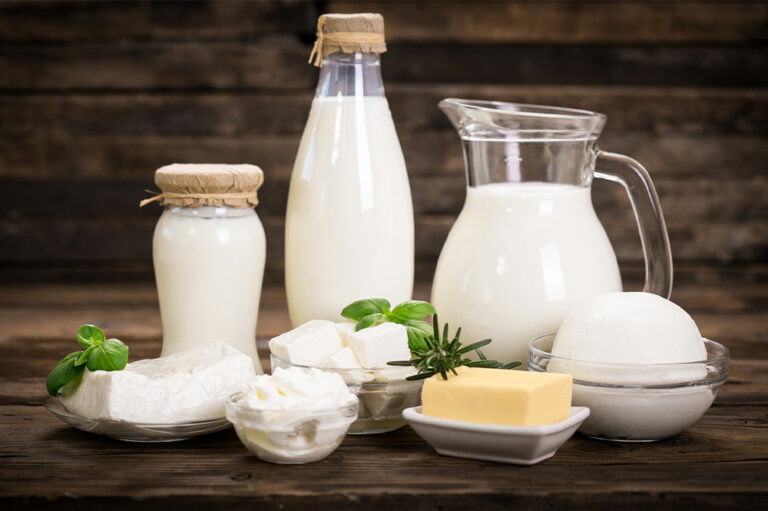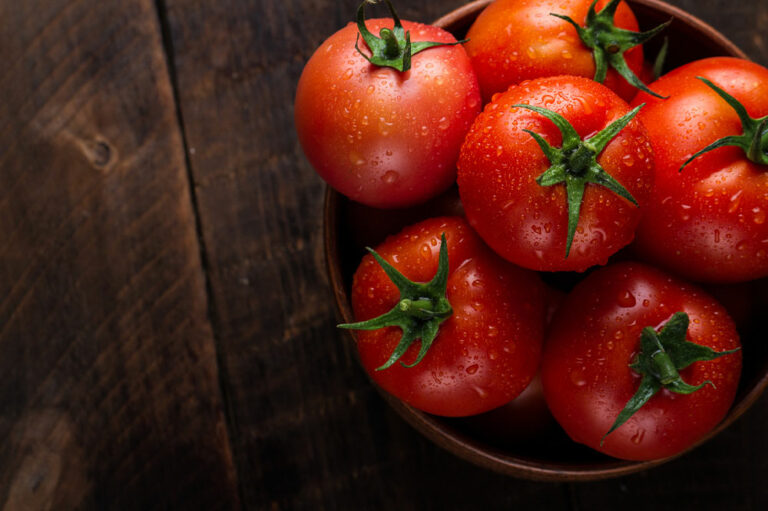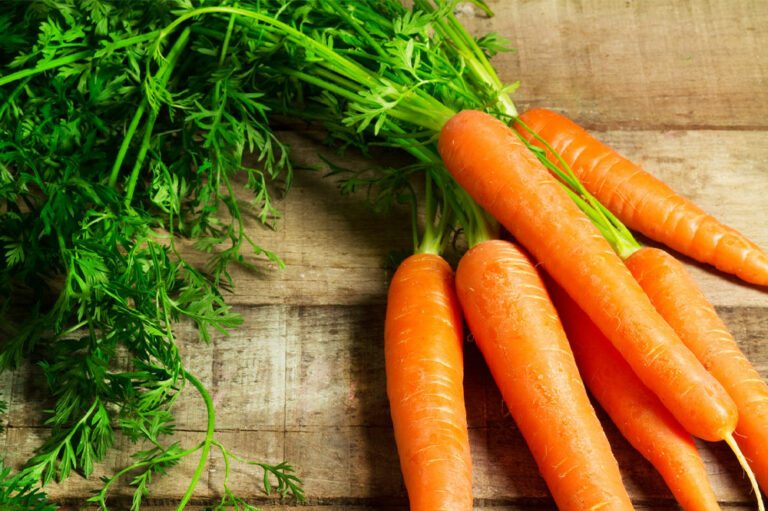
Health
3 effective ways to manage high cholesterol
Cholesterol is a waxy substance in the body that aids in the formation of cells and hormones. However, this lipid can be good or bad, and high levels of bad cholesterol can increasee the risk of developing heart conditions. The CDC suggests that high cholesterol is a common health risk that affects 94 million people over 20. So, here are treatment options, foods, and lifestyle changes that can help manage the condition: Treatment options The condition can induce no symptoms, making it important to get the cholesterol levels checked. The treatment for this condition focuses on reducing bad cholesterol in the body. They also aim to lower the risk of developing secondary conditions such as heart diseases. Here are some of the popular treatment options: LIVALO®: The brand name for pitavastatin, LIVALO® helps in lowering cholesterol levels. It is a statin, which means it belongs to a group of treatment options known as HMG CoA reductase inhibitors. It is mainly used to treat adults who have high cholesterol, and doctors prescribe this option while also recommending changes in food consumption. The combined effect helps lower the levels of bad cholesterol, also known as LDL (low-density lipoprotein) cholesterol, in the body.
Read More 









